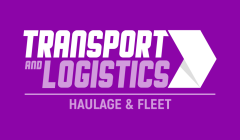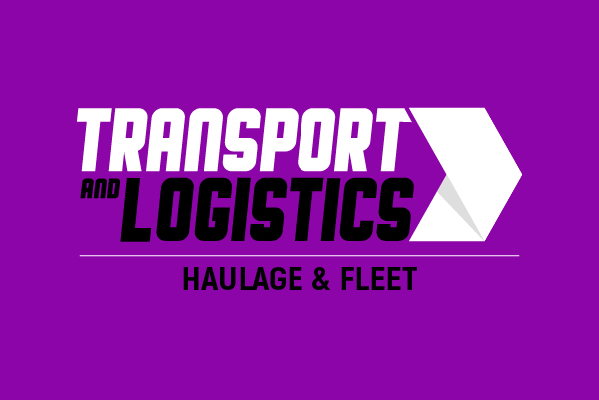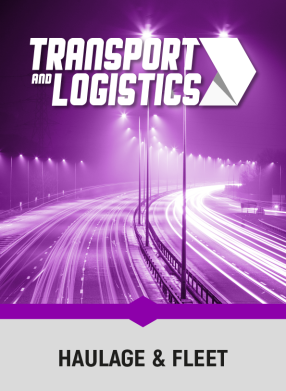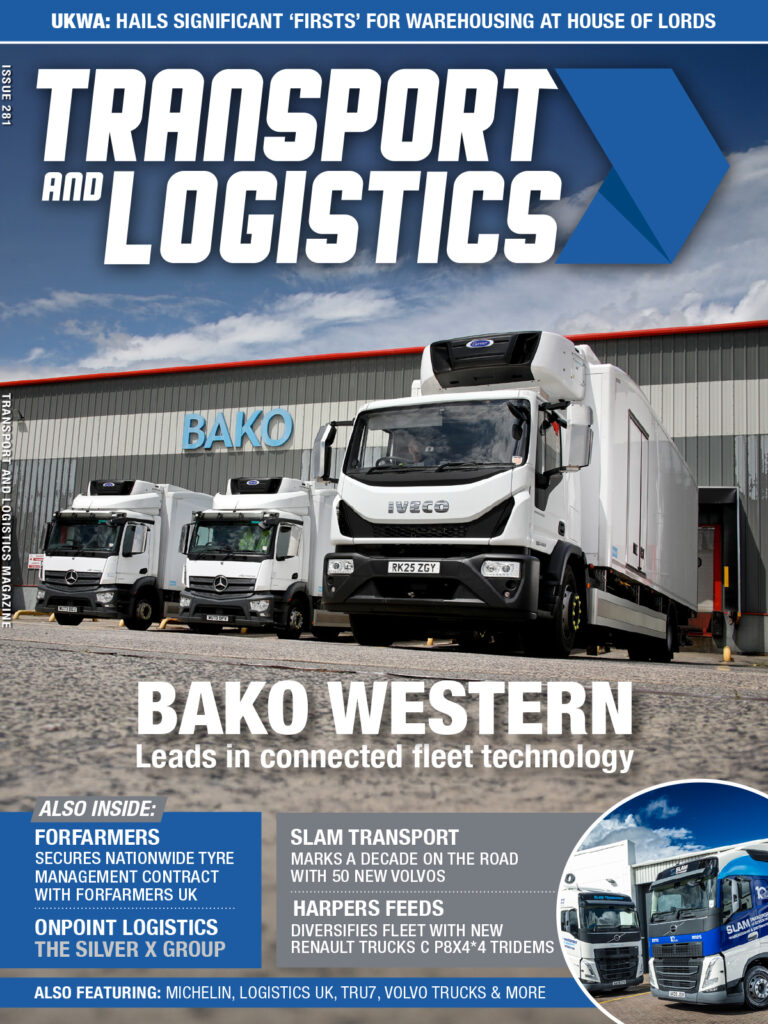As the UK government announced a further £2 billion in funding and the EU extended access to the market after the UK leaves, the possibly of a brief respite presented itself to logistics operators preparing for Brexit. During a spending review, in which chancellor Sajid Javid declared “an end to austerity”, he pledged the £2 billion fund for Brexit delivery, with head of policy at the FTA Heidi Skinner welcoming the cash.
“The logistics industry is acutely aware of the need for government to support UK transport infrastructure, particularly at a time of such uncertainty for British business. Without this, supply chains cannot continue to run smoothly and deliver the vital goods that our hospitals, schools and supermarkets need,” she said.
Although few details were given on how the extra money would spent, the FTA said it was pleased that Mr Javid planned an “infrastructure revolution”.
However, Ms Skinner echoed familiar calls from the wider logistics industry for government to pledge further funds to support the sector in a post-Brexit environment as well as the run-up.
“Effective connectivity for all modes of transport is essential for UK trade and for meeting the needs of people and business. Ahead of the budget later this year, FTA calls on HM Treasury to work closely with the logistics industry to ensure UK connectivity is prioritised.”
The Road Haulage Association (RHA), however, described the spending review as a “golden opportunity missed” with chief executive Richard Burnett hoping for an expected reduction in fuel duty of 2p a litre.
“The spending review would have been a golden opportunity for the chancellor to provide a much-needed shot in the arm for one of the nation’s key industry sectors. UK hauliers already pay the highest levels of fuel duty on diesel fuel in Europe, [and] their European counterparts paying similar duty levels enjoy a user rebate,” said Mr Burnett.
According to the RHA, every penny off the cost of fuel cuts the annual operating cost of a typical 44-tonne truck, doing 80,000 miles a year, by approximately £450.
News of the spending pledge was followed by word that the European Commission had approved a seven-month extension on contingency measures for a no-deal Brexit. Should the UK leave the EU on a no-deal basis, road hauliers would have access to the EU transport market until the end of July next year, with air freight operators maintaining access until 24 October 2020.












